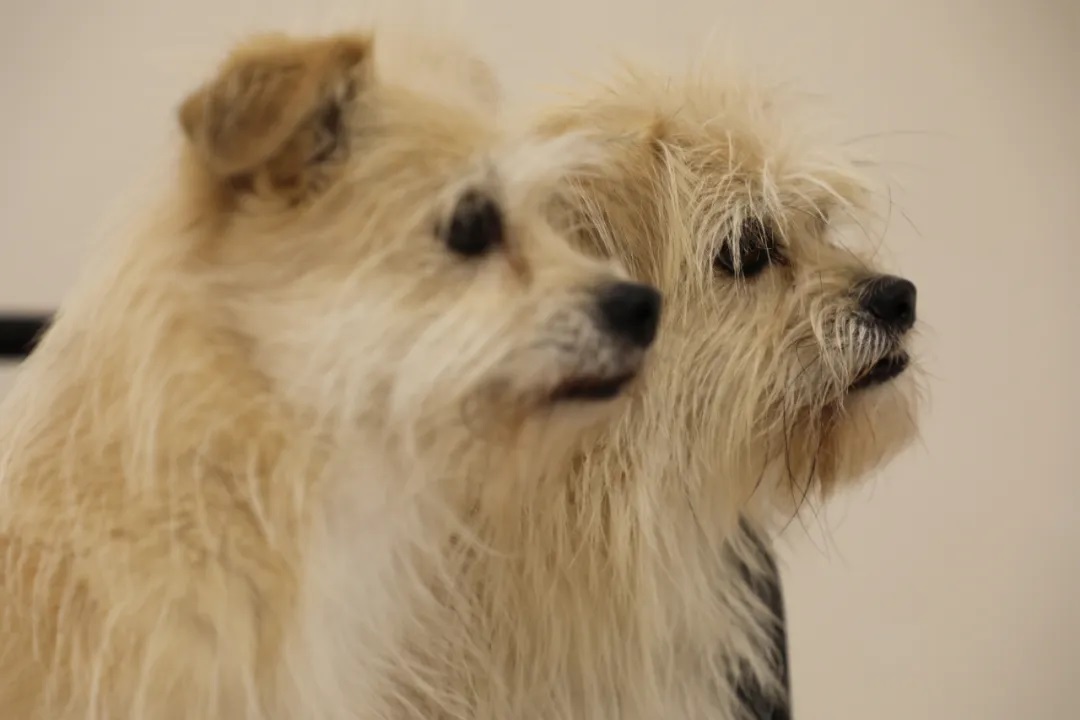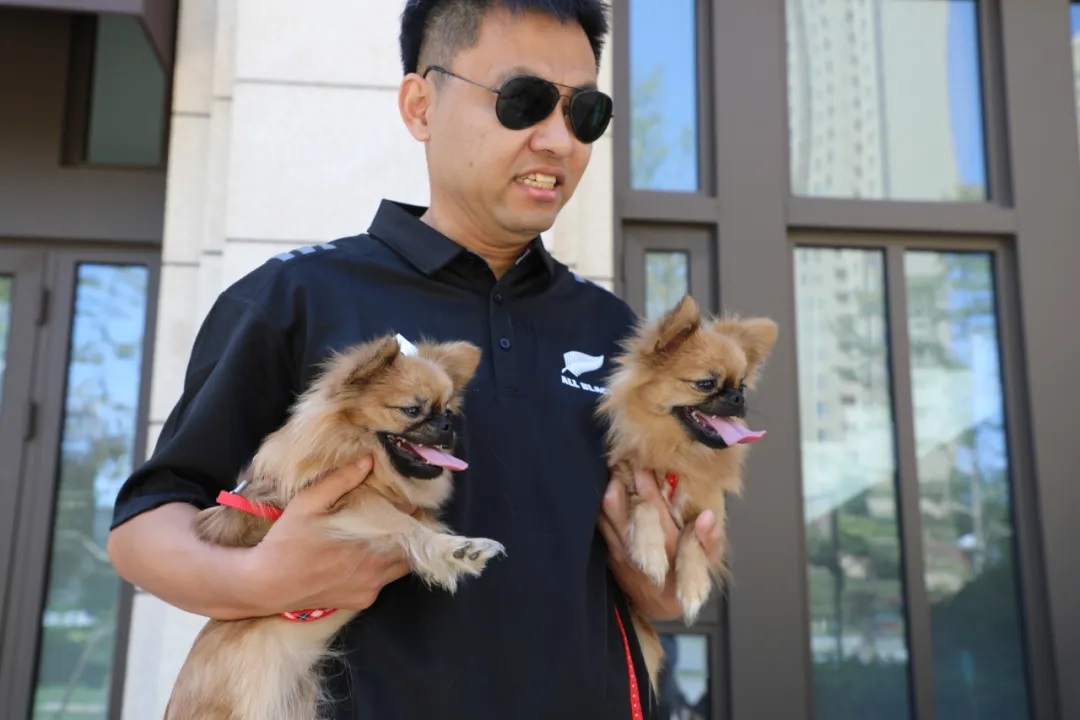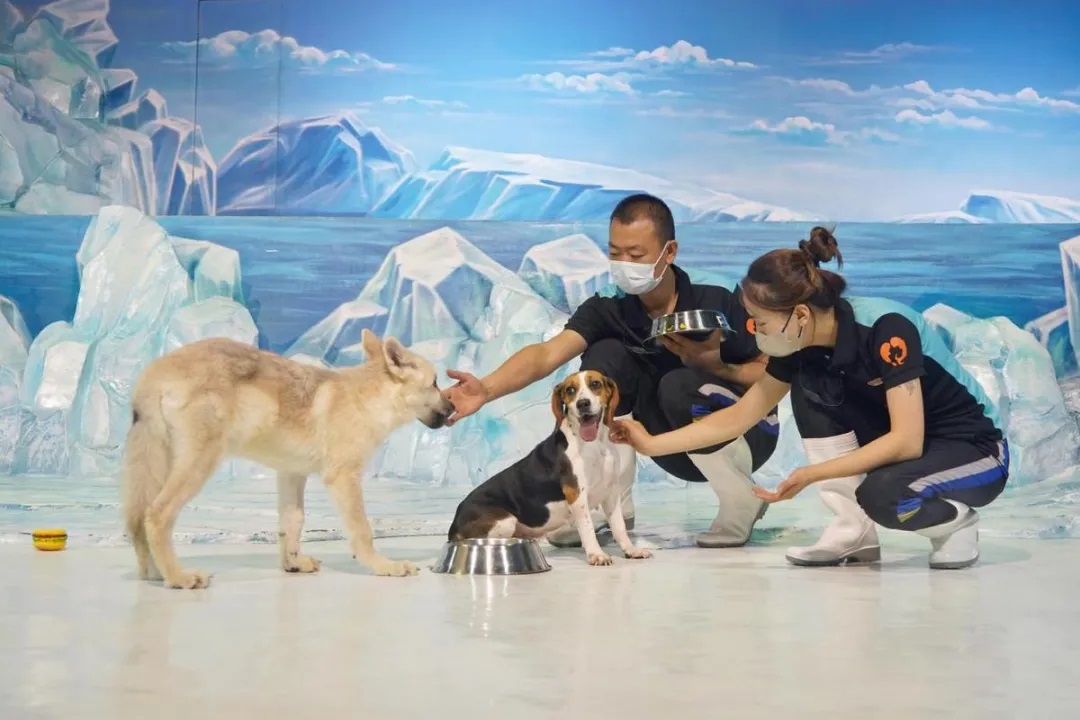

Cloning is essentially genetic replication, with genetic similarity exceeding 99%. Physical features, size, breed characteristics, innate intelligence, personality, and gender are all identical due to genetic determinants. For instance, our case study involves Juice, the canine star of the movie "Breakup Buddies". The clone of Juice closely resembles the original, right down to a unique six-toed paw, a distinctive trait of Juice.

Yes, can. Cloning is not restricted by age. The success of cloning hinges on the condition of the cell line, not the age of the dog. Research indicates that younger animals possess better cell conditions and higher reproductive capabilities, increasing the success rate of cell line establishment compared to older dogs. If cell line establishment is successful, both elderly and young dogs can be cloned.

The tissues of a healthy pet are maintained by the body itself, resulting in better cell conditions. However, the post-death state of a pet's skin tissue relies entirely on external factors and may not yield viable cells for cloning.
In cases where clients wish to clone a pet that has suddenly passed away, the prompt preservation of the pet's body is vital. For smaller pets, wrapping the body in a damp cloth and placing it in the refrigerator at a temperature of around 4 degrees Celsius can facilitate preservation. Alternatively, homemade ice packs can be used alongside the pet's body to emulate refrigeration effects. Cloning success rates are higher when sampling is conducted within one week of the pet's passing, with sampling possible up to two weeks post-demise, albeit with reduced success rates.

The evolution of cloning animals can be divided into three stages:
1. Cloning of amphibians since 1958;
2. Cloning of lower mammals since 1997;
3. Cloning of non-human primates since 2018.
Exotic pets refer to non-traditional pets like lizards, snakes, turtles, birds, insects, etc. Currently, most exotic pets cannot be cloned, not because cloning them is unimportant, but due to the distinct reproductive processes of exotic pets compared to mammals. Many exotic pets lack a uterus, making it challenging to create viable fused cells from the numerous cells present in the embryo upon egg hatching, which is essential for cloning. Scientists have a long way to go in cloning exotic pets, and industry professionals eagerly anticipate the successful cloning of exotic pets.
